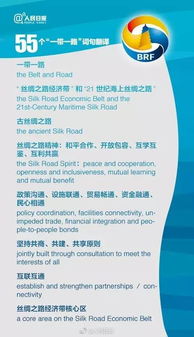
The

Strange History and Origins of the Word “Geek”
You may have heard the word “geek” used to describe someone who is really into a certain subject, whether it’s science fiction, computers, or video games. But did you know that the word “geek” has a long and strange history, starting in the 16th century?
The original meaning of “geek” was actually quite different from how we use it today. It was a term used in the circus and sideshow industry to refer to someone who performed strange, gross, or shocking acts. These could include biting the heads off chickens, swallowing swords, or eating live animals. Geeks were often homeless or mentally ill people who were paid a few dollars to perform these acts, which were meant to shock and amuse audiences.
The word “geek” probably comes from the Low German word “geck,” which meant “fool” or “simpleton.” It was first used in English in the 1500s to describe people who were seen as outsiders or social misfits.
In the 20th century, the meaning of “geek” shifted again. It was used to describe people who were overly enthusiastic about technical or intellectual pursuits, such as science fiction, computers, or comics. The stereotype of a geek was someone who was socially awkward and spent all their time indoors, absorbed in their hobbies.
Today, “geek” has become a more positive term, with many people embracing their geekiness and even wearing it as a badge of honor. There are entire subcultures devoted to geeky interests, from cosplay and comic book conventions to online gaming communities.
The word “geek” has come a long way from its origins in the circus sideshows. But its history is a reminder of how language can evolve and change over time, often taking unexpected twists and turns along the way.
So, the next time you call yourself a geek or refer to someone else that way, remember the strange and fascinating history of this word. It’s a reminder that being different or passionate about something can be a source of pride and identity, even if it wasn’t always seen that way.